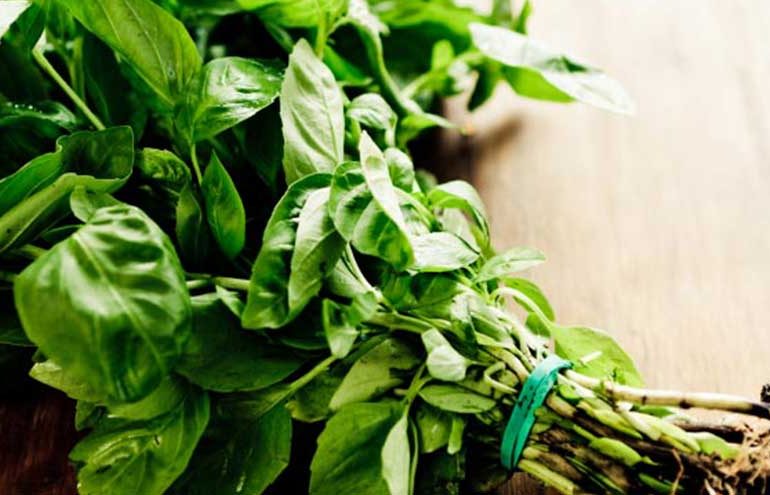This post is part of the series self care
Other posts in this series:
- Let’s talk about food (Current)
- Let’s talk about self care- introduction
- Let’s talk about sleep
I am taking a break over the holidays. For the next four weeks I will be republishing a few of my favourite blogs.
In continuing with thoughts about selfcare, I would like to talk about food.
I hosted a dinner party the other night and there was a vegetarian, someone who was Banting-it and a gluten intolerant guest. We generally agreed that Trump was a disaster, wailed about corruption in SA politics and lamented the drought. But when we got to food, the opinions clashed and arguments got heated.
I bet that Mrs Cavewoman host did not have these problems. Despite all that has been said and written about Paleo diets, “ancestral eating” and the raw food revolution, research has found that Neanderthal man ate what was available. If he didn’t, he would have starved.
How are parents supposed to give their family a good diet when the experts can’t agree as to what that is?
I am a psychiatrist, so I deal with looking after the brain. I am sure that my cardiology and physician colleagues have similar conclusions to me, but I am going to comment on current research relating specifically to the brain.
In psychiatry, there are three big themes when speaking about brain health and nutrition: inflammation, Brain Derived Neurotrophic Factor (BDNF) and microbiomes.
Inflammation
is the body’s first line of defence against infection and injury. So it is appropriate for the brain to be inflamed with encephalitis (infection of the brain). The problem starts when inflammation doesn’t know when to “switch off”. This chronic inflammation attacks healthy cells and blood vessels instead of protecting it. Inflamed brains are depressed, anxious and struggle to learn. If inflamed for long enough, the brain even shrinks.
Chronic inflammation is often due to lifestyle factors like chronic stress, trauma, lack of exercise and a pro-inflammatory diet. Sugar, refined carbohydrates, transfats, processed meats and too much alcohol can all lead to increased inflammation. When you look at a list of ingredients which is longer than 5 items, the food is probably proinflammatory. When the ingredient is the ingredient- Apple is “apple”- then we are ok.
Brain Derived Neurotrophic factor (BDNF)
helps the brain grow. (Yes, the brain grows all your life, even in old age) A brain that grows can learn and manage stress effectively. In order to produce and use BDNF the brain needs building blocks which it gets from food. It uses many nutrients and micronutrients. The best way to get these nutrients is from a diverse and varied whole diet (food that is minimally processed) Think from “farm to table”. A lot has been said about the Mediterranean Diet. However, any traditional diet, whether it be Mediterranean, Japanese, Norwegan; has been shown to have reduced the incidence of mental illness in the population by 30-40%. Freshness also becomes a feature here. Food which is kept for weeks in cold storage as it is flown all over the world loses a great deal of its essential nutrients.
Gut microbiome
research is an interesting field. It sounds crazy, but the bugs in our gut can affect our moods, behaviours and the food we crave through a system called the microbiome-gut-brain axis. So, you think that you made a conscious choice to order “slap chips’? Chances are, your gut bacteria manipulated your pleasure centres to place the order.
You can develop good bugs – ones that don’t dominate your moods and cravings – by eating a variety of veggies, particularly high-fibre foods. The bad foods start getting the upper hand when you have a sugar-rich, highly refined diet.
To bring it together: farmers providing us with rainbow-coloured plates of varied, nutrient-rich foods are our friends. Factories providing us with beige diets of processed, refined food are the enemy.
My free online prescription for a healthier brain:
- Get some seedlings of dark greens – spinach, kale or the like. These are dense in nutrients and easy to grow, even in pots.
- Go outside. Top up on your vitamin D, fresh air and quiet time.
- Get your hands dirty with soil, which is rich in good gut bugs Harvest regularly so that the fresh nutrients aren’t depleted
A few seminal articles:
- Am J Psychiatry 167:3, March 2010. Nutrition and Psychiatry. Western medicine is struggling to keep up with the catastrophic effects of the western diet.
- Sarris J, et al. Lancet Psychiatry. 2015. Nutritional medicine as mainstream in Psychiatry
- The American Journal of clinical nutrition- for current review articles
Continue reading this series:
Let’s talk about self care- introduction








1 Comment
Pingback: Dementia. Darn, it's on the tip of my tongue - drmarcellestastny